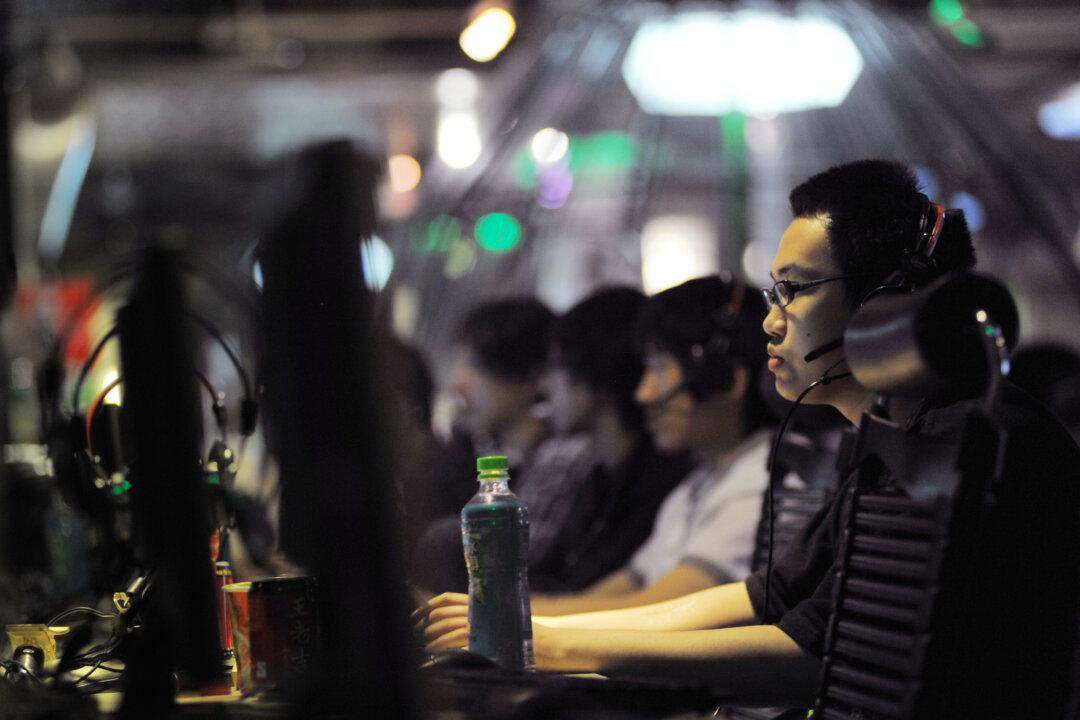It has been long known that shady agencies within the Chinese Communist Party operate networks of paid online agitators, whose job it is to surf the net, sniff out dissent, and “guide public opinion” in favor of the regime.
The name is the “fifty cent party,” or “wumao dang” in Chinese, because they are paid a putative fifty cents for each post they leave on electronic bulletin boards and social media websites defending the regime and attacking its critics.
But what was not known is the deep reach and extent of the penetration of these activists online, their clear official, institutional backing, and their numbers.
Using young people to be Internet warriors is a huge poison to society—turning them into snitches on their teachers and schoolmates.
, scholar





